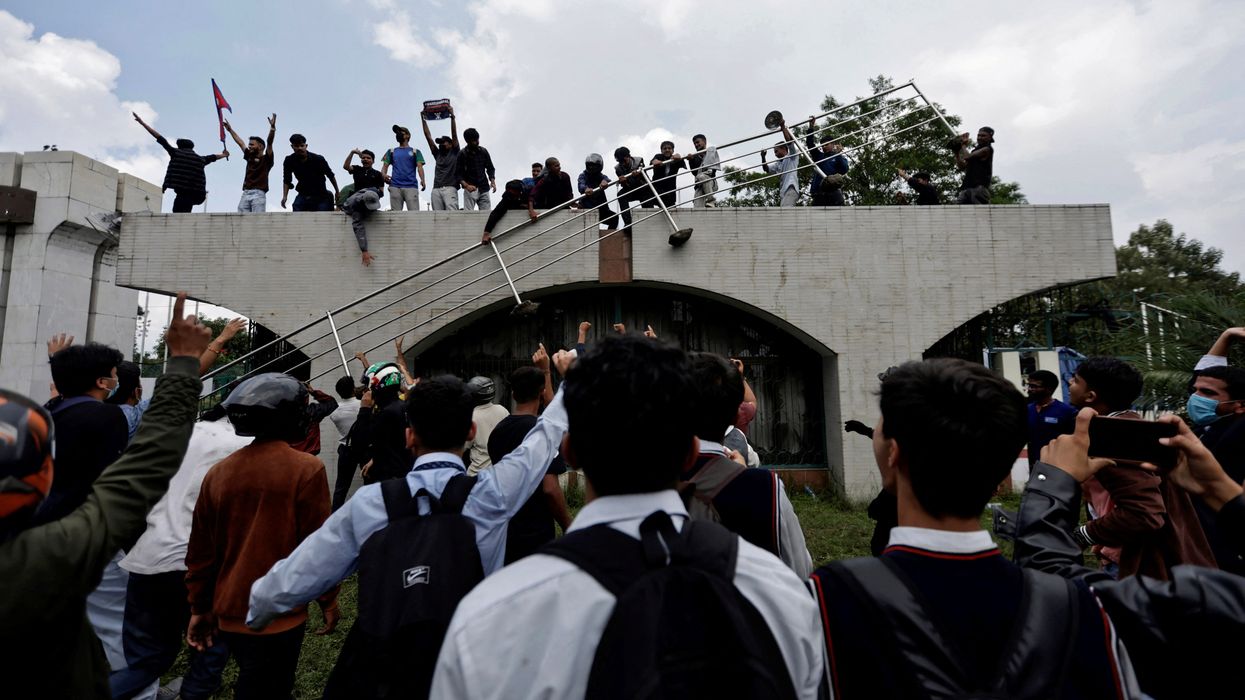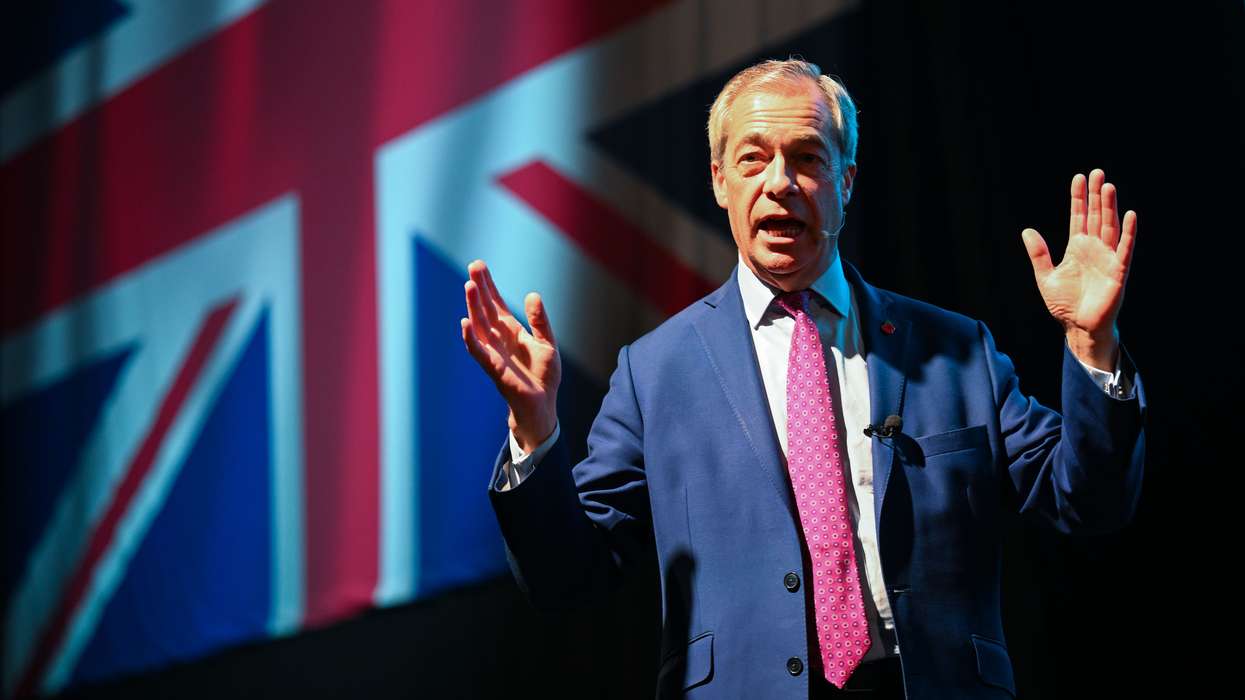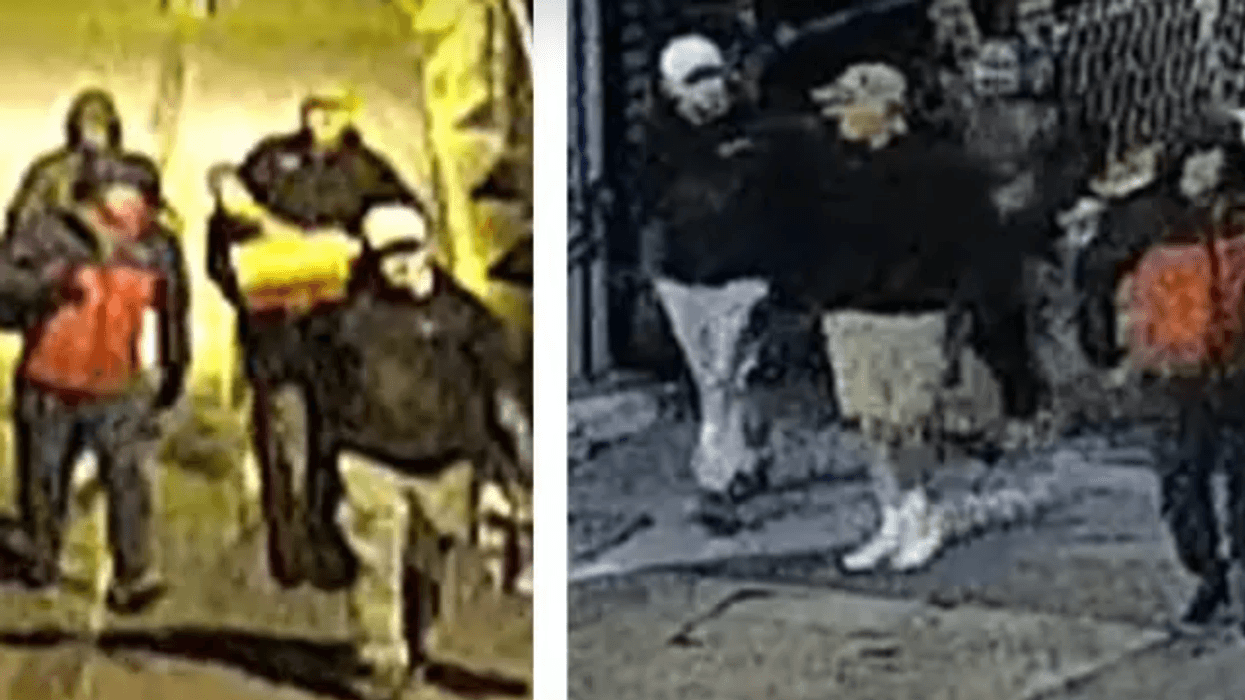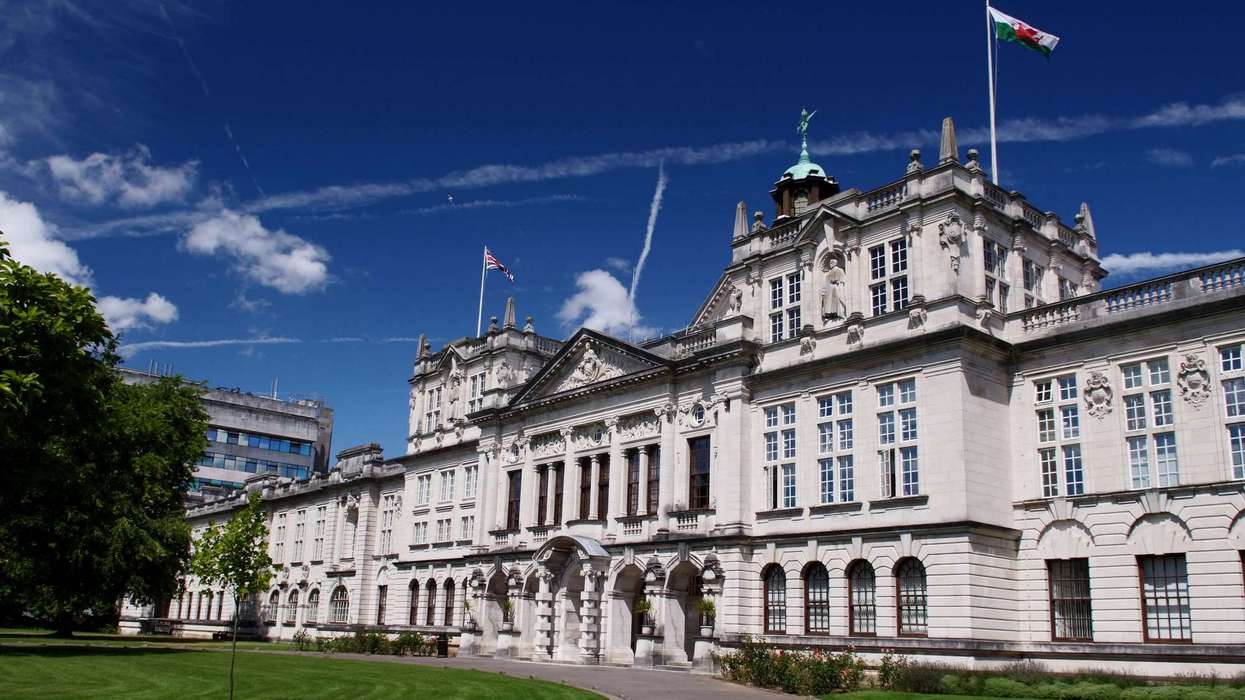Highlights:
- Thousands of young Nepalis march in Kathmandu against social media ban and corruption
- Government blocks 26 unregistered platforms, citing fake news and fraud concerns
- Police use tear gas, rubber bullets and water cannons to disperse protesters
- Critics accuse government of authoritarianism and failure to deliver on promises
THOUSANDS of young Nepalis marched in Kathmandu on Monday demanding that the government lift its ban on social media platforms and address corruption.
Nepal blocked access to 26 unregistered platforms, including Facebook, YouTube, and X, on Friday. Popular platforms such as Instagram have millions of users in the country who rely on them for entertainment, news, and business. Authorities said the shutdown followed a Supreme Court order from September last year, which required companies to register in Nepal, appoint grievance officers, and establish local compliance.
The government said social media users with fake IDs had been spreading hate speech, fake news, and committing fraud. In a statement on Sunday, it said it respected freedom of thought and expression and was committed to "creating an environment for their protection and unfettered use".
Many demonstrators carried national flags and placards reading "Shut down corruption and not social media", "Unban social media", and "Youths against corruption". They began their rally with the national anthem before marching through the city.
"We were triggered by the social media ban but that is not the only reason we are gathered here," said student Yujan Rajbhandari, 24. "We are protesting against corruption that has been institutionalised in Nepal."
Another student, Ikshama Tumrok, 20, said she opposed the "authoritarian attitude" of the government. "We want to see change. Others have endured this, but it has to end with our generation," she said.
Protester Bhumika Bharati added: "There have been movements abroad against corruption and they (the government) are afraid that might happen here as well."
Since the ban, TikTok — still operational in Nepal — has carried viral videos comparing the lives of ordinary citizens with those of politicians’ children showing off luxury goods and vacations.
On Monday, thousands of youths, including students in school uniforms, tried to march to parliament but were stopped by police who had set up barbed wire barricades. Authorities said demonstrators attempted to break into parliament by pushing through police lines.
Police used tear gas, rubber bullets, water cannons and batons to disperse the crowds, officials said. "We have imposed a curfew which will remain in force until 10 pm local time (1615 GMT) to bring the situation under control after protesters began to turn violent," said Muktiram Rijal, spokesperson for the Kathmandu district office.
Nepal has restricted social media platforms before. The Telegram messaging app was blocked in July over fraud and money laundering concerns, and TikTok was banned for nine months before being restored in August last year when it complied with local rules.
Many Nepalis believe corruption is widespread, and prime minister KP Sharma Oli’s government has been criticised by opponents for failing to deliver on its promises. About 90 per cent of Nepal’s 30 million people use the internet.
The protests come as governments worldwide, including the US, EU, Brazil, India, China and Australia, have been tightening oversight of social media and Big Tech, citing concerns over misinformation, privacy, online harm and security. Critics warn that such measures risk limiting free expression, while regulators argue that stricter controls are needed.
(With inputs from agencies)





